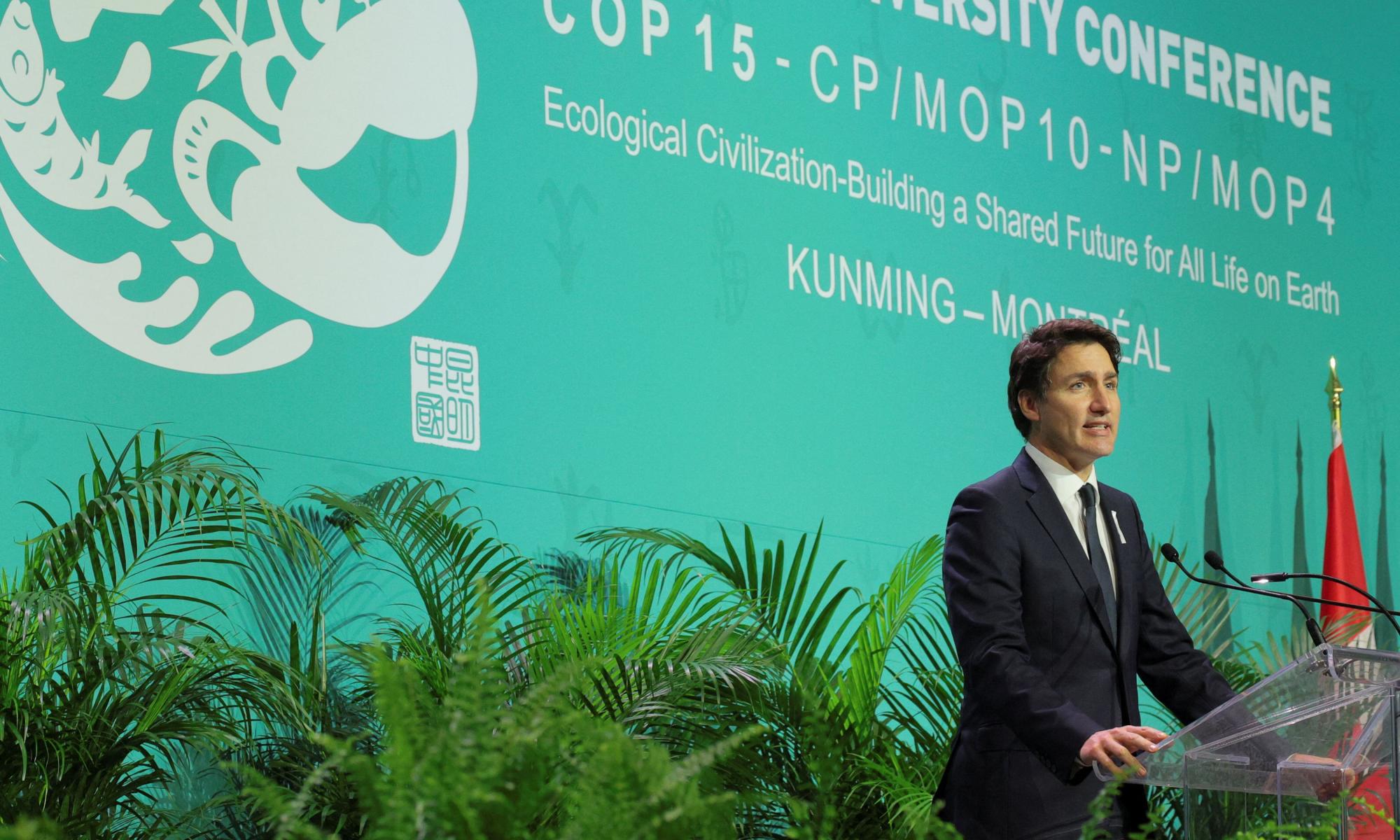Thomasina Miers is right to raise the important role that grazing animals have to play in the restoration of our ecologically depleted countryside (Eating meat isn’t a crime against the planet – if it’s done right, 1 September). But it does not follow that animal protein could ever make up a meaningful part of a sustainable average diet in industrialised countries like the UK. The total quantity of meat and dairy that might be produced in genuinely planet-friendly fashion would cover only a tiny proportion of our current consumption, and the vast majority of meals in the future will therefore necessarily be plant-based.
It is vital that we pursue solutions relevant to the population as a whole, and not just for the lucky few who can afford sustainably produced meat. A while ago, I calculated the productivity of my own 30-cow suckler herd, extrapolated over the entire grassland area of the UK, and compared it with the national average annual consumption of beef. I now eat a plant-based diet.
Henry Scutt
Pangbourne, Buckinghamshire
• I share some of Thomasina Miers’ worries about a future in which we all get a lot of food from the fermentation of single-celled proteins. Given the legal structures around new technologies, this could mean even more corporate control of our food system. The technology with the most buzz – cell-cultured meat – has yet to prove feasible at scale, so betting our climate future on it seems risky at best. But similar can be said about Miers’ claims for research into carbon sequestration by regenerative grazing – the scientific consensus is that positive effects are short term and context specific. Grazing animals might boost biodiversity compared with more intensive farming practices, but not compared with the wild state of the land.
We should fund more research into fermented foods and regenerative agriculture, and discuss how to make new technologies forces for social good. As Miers points out, there’s a lot that we can agree on – we have to lessen the footprint of our food system by eating less meat and more plants.
Tamsin Blaxter
Trowbridge, Wiltshire
• We now know that inflammatory, processed high-carbohydrate, thus high-sugar, foods create disease and obesity on a monumental scale, along with addiction, but politicians continue to ignore this, thus supporting the food industry to thrive and kill us and the planet.
Meta-analyses from the geneticist and epidemiologist Prof Tim Spector and the Canadian nephrologist Jason Fung, who has been reversing his patients’ type 2 diabetes for years, show that unprocessed fats such as olive oil and even dairy are excellent for health, and that the advice about fats is based on poor research.
It is industrial trans fats that are dangerous, along with factory-processed fats from seeds such as inflammatory canola and rapeseed. And global policy on salt is based on a flawed study; societies from the long living “blue zones”, such as Okinawa, have high salt intakes. Naturally fermented live foods such as kefir and sauerkraut, along with diverse vegetables, healthy fats and protein from plants, or in limited amounts from carefully tended animals, make a healthy diet.
Feed your gut microbiome and the planet, not the laboratories making fake food with even more chemicals, along with ill-gained profits.
Valerie James
London
• Have an opinion on anything you’ve read in the Guardian today? Please email us your letter and it will be considered for publication.


